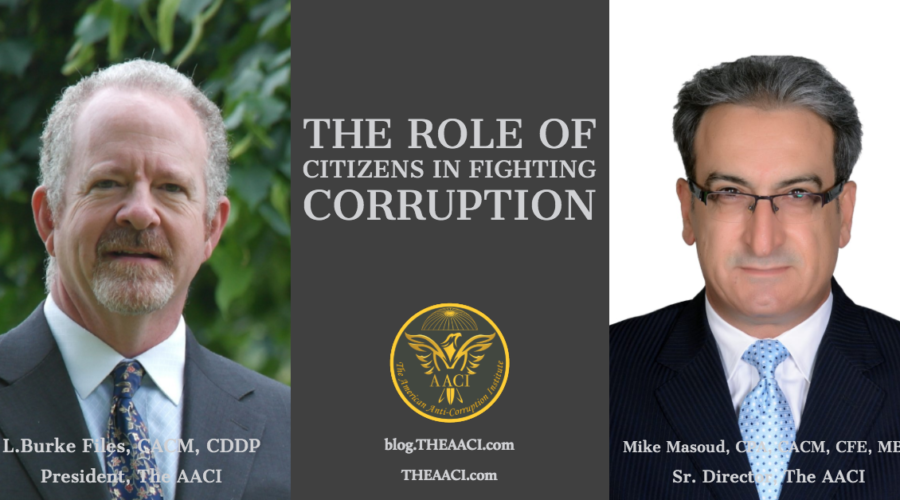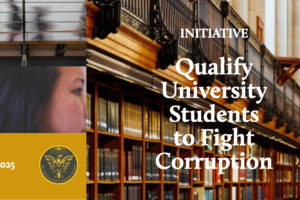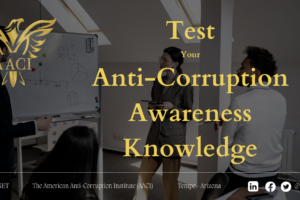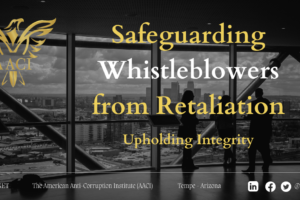August 9, 2019
A nation citizens, especially the poor of developing countries, pay the most dearly for the cost of corruption. They do not know how the perpetrators commit frauds and corruption, though they see the results. They are also very suspicious of many of their government’s. Years of failed promises to the people while those in power, and their friends and family, mysteriously grew rich. The citizens pay for corruption. They have poor education, unreliable and corrupt public servants, bad roads, lack of electricity, unsafe water, and dangerous living environments that compound the impact of poverty. They also suffer from poor health services that lack proper funding, operate dangerous hospitals, and dispense counterfeit medicines. The government is responsible for the welfare of its citizens. The government duty is to protect its citizens from all types of corruption, and the impacts of corruption.
The government is responsible for the welfare of its citizens. The government duty is to protect its citizens from all types of corruption, and the impacts of corruption.
The AACI looks at corruption through the lens of reality as we know first-hand corruption exists in all countries. While the international community says it is committed to really fighting corruption, their ideas and acts have been useless and often counterproductive.
Many countries have developed anti-corruption strategies to prevent, deter, and detect illegal and fraudulent acts. But those strategies require some level of funding and a political and economic commitment to act. Implementation continues to be lacking or just ignored. It has become increasingly clear that a nation citizens must be engaged in the process of eradicating corruption to pave the way for successful implementation of their anti-corruption strategies and policies.
However, when would citizens engagement be effective? How can the citizenry become empowered?

When citizens possess the knowledge of corruption such as the mechanisms, types, and red flags of corruption, they can detect the corrupt and begin by calling out the corrupt actors. When citizens are educated on how to prevent and deter corruption from occurring in the future, corruption will lessen in time. They have built a community that is resistant to corruption. The anti-corruption resilience of a community and its organizations is dependent to a great extent on the prevailing internal and external culture. Anti-corruption education and awareness are an integral requirement to form such a culture. Further, the anti-corruption culture must always be vigilant.
Countries that do not work hard on solidifying the relationship with their constituents (citizens) on anti-corruption will ultimately pay hefty prices. Regrettably, the poor citizens will suffer more as the wealthy corrupt actors always leave the sinking ship first.
Therefore, governments should be expected to embed proper anti-corruption education in all sectors, but for some reason, many do not.
So we wonder out loud why so many governments do not engage their citizens to create real and material positive results in fighting fraud and corruption? Countries that do not work hard on solidifying the relationship with their constituents (citizens) on anti-corruption will ultimately pay hefty prices. Regrettably, the poor citizens will suffer more as the wealthy corrupt actors always leave the sinking ship first.
L. Burke Files, CACM, CDDP
President of The American Anti-Corruption Institute (AACI)
Mike Masoud, CPA, CACM, CFE, MBA
Sr. Director, The Middle East and Africa
The American Anti-Corruption Institute (AACI)











































